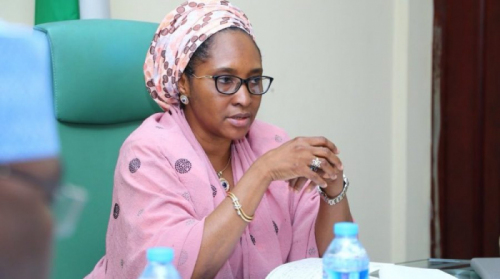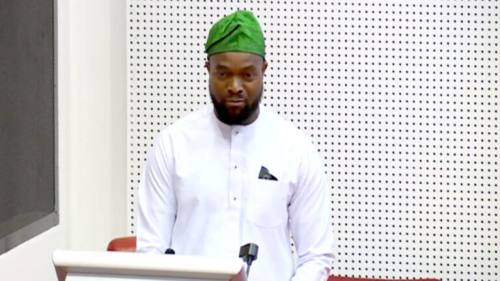THE EXECUTIVE 24/11/2022
Excess Crude Account Falls by 89% to $472,513

Nigeria’s excess crude account has declined by 89 per cent in the last eight years, moving from $4.1bn in November 2014 to $472,513 in the same period of 2022.
According to a statement by the Ministry of Finance, Budget and National Planning, which was seen by press on Wednesday, the ECA’s balance as at November 23, 2022, stood at $472,513.64.
The ECA is the Federal Government’s fiscal account that was created to save revenues—in excess of the budgetary benchmark price—that were generated from oil sales, according to Investopedia, an investment and business dictionary.
The account, however, has depleted in the last eight years owing to lack of inflows, oil market vagaries and the country’s revenue crunch, according to economists.
“It is a simple fact that when you spend money from an account and you are not adding to it, it will deplete,” said Professor of Economics at Covenant University, Ogun State, Jonathan Aremu.
“For you to increase the ECA, the oil price must rise above the budgeted price. If it does not, nothing goes in. Also, if what you are spending is higher than what goes in, it depletes. This is the situation,” he further said.
Brent crude sold at $88.45 per barrel at 4pm on Wednesday. WTI crude, on the other hand, was $81.13 per barrel at the same time. Oil benchmark in the 2022 budget was $57, but the current oil prices are still about $30 above the benchmark. However, the ECA has been on the decline in spite of higher oil prices since early 2022 driven by Russia-Ukraine war.
“The reality is that the government has been struggling with revenues, particularly at Buhari’s second tenure,” said the Director of Research and Strategy, Chapel Hill Denham, Tajudeen Ibrahim.
“They always dip their hands into ECA to support federal, state and local governments,” he said.
He explained that governors had earlier called for the distribution of ECA, which was not in line with the reason for its creation in 2011.
“This is pointing to the fact that it is not backed by the law and that the government is broke,” Ibrahim further said, stressing that the only way out was to pay less attention to oil and more attention to non-oil revenues.



